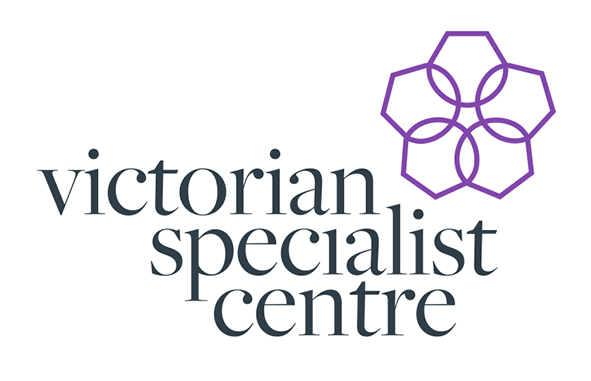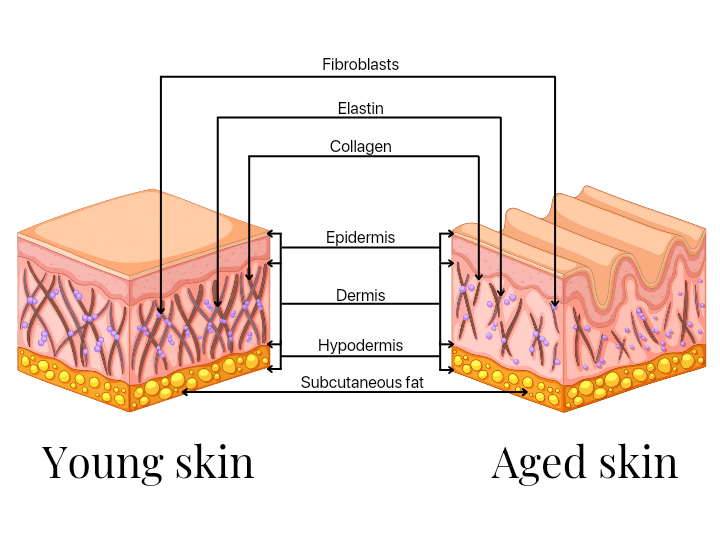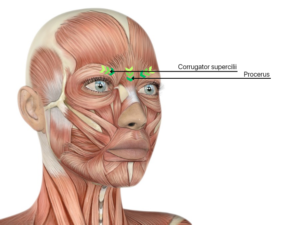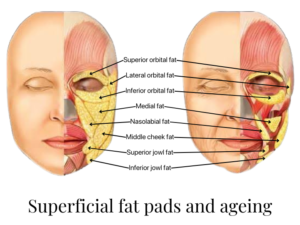Why Collagen Loss Matters
Collagen is the building block of our skin, providing structure, elasticity, and hydration. Collagen loss begins in our twenties, and as we age, this process accelerates, leading to wrinkles, sagging skin, and loss of firmness. Understanding collagen loss and how it affects our skin is crucial when initiating any anti-ageing or prevention treatments.
Causes of Collagen Loss
Collagen loss occurs due to various factors. Age is a primary culprit, but external factors like sun exposure, pollution, and lifestyle choices such as smoking and diet also contribute. As collagen depletes, our skin becomes less able to retain moisture, leading to a dull, dry appearance.
Losing collagen as we age isn’t just a cosmetic concern. It’s essential to overall skin health, as collagen helps in wound healing and acts as a barrier against environmental damage. Therefore, addressing collagen loss is crucial not just for aesthetic reasons but for maintaining healthy skin.
Luckily, there are several ways to stimulate the production of collagen and restore your skin’s vitality. From skincare routines to dietary adjustments and professional treatments, we’ll guide you through effective strategies to combat collagen.
Signs and Symptoms of Collagen Loss
By identifying the symptoms of collagen loss early, you can take proactive steps to prevent premature signs of ageing.
One of the most noticeable signs of depleting collagen is the appearance of fine lines and wrinkles. These often start around the eyes and mouth, where the skin is thinner and more prone to damage. Over time, these lines deepen, creating an aged look.
Another common symptom of collagen loss is sagging skin. As collagen provides structural support, its depletion leads to a loss of firmness, particularly in areas like the cheeks, jawline, and neck.
Collagen loss also causes changes in skin texture. As it loses its ability to retain moisture, the skin may become rougher and more prone to dryness. This lack of hydration emphasises dullness and accentuates imperfections, making the skin appear less vibrant.
By understanding these signs, you can tailor your skincare and treatment routine to address reduced collagen production effectively.
Strategies to Boost Collagen Production
Combating collagen loss requires a comprehensive approach that combines lifestyle changes, skincare products, and professional treatments. Here are some effective strategies to stimulate collagen production and enhance your skin’s health.
1. Skincare Routine
Investing in a proper skincare routine can assist in collagen production. Look for products that contain ingredients known for boosting collagen, such as retinoids, vitamin C, and peptides. Retinoids accelerate skin renewal, while vitamin C is an antioxidant that stimulates collagen synthesis and brightens the skin. Peptides, on the other hand, signal the skin to produce more collagen, improving firmness.
Using these products consistently can help mitigate the effects of collagen loss. Importantly, don’t forget to protect your skin from UV rays, as sun exposure accelerates collagen breakdown. Apply a broad-spectrum sunscreen daily, even on cloudy days, to shield your skin from harmful UV damage.
2. Dietary Adjustments
Your diet plays a crucial role in collagen production. Consuming foods rich in collagen-boosting nutrients can support your skin’s health from within. Include protein-rich foods like lean meats, fish, and eggs, as collagen is a protein that requires amino acids for synthesis.
Additionally, incorporate foods high in vitamin C, zinc, and copper. These nutrients aid in collagen formation and maintenance. Fruits like oranges, strawberries, and kiwis, along with vegetables such as capsicum and spinach, are excellent sources of these vital nutrients.
3. Professional Treatments
Professional treatments can provide a significant boost in collagen production. Treatments like microneedling, laser treatment, in-clinic medical procedures and radiofrequency are designed to stimulate collagen synthesis by creating controlled micro-injuries in the skin, prompting the body’s natural healing response.
Located within the Victorian Specialist Centre, the Victorian Cosmetic Institute offers a range of advanced treatments tailored to your unique needs. Skilled medical practitioners will assess your skin and recommend the most suitable treatment to address collagen loss in your skin.
Maintain Skin Health with Victorian Cosmetic Institute
Looking for a personalised treatment plan tailored to your unique needs? Experienced medical practitioners at Victorian Cosmetic Institute will work with you to develop a comprehensive approach to treating the collagen loss in your skin. Phone 1300 863 824 to schedule your consultation today. Alternatively, you can book your consultation time online.



